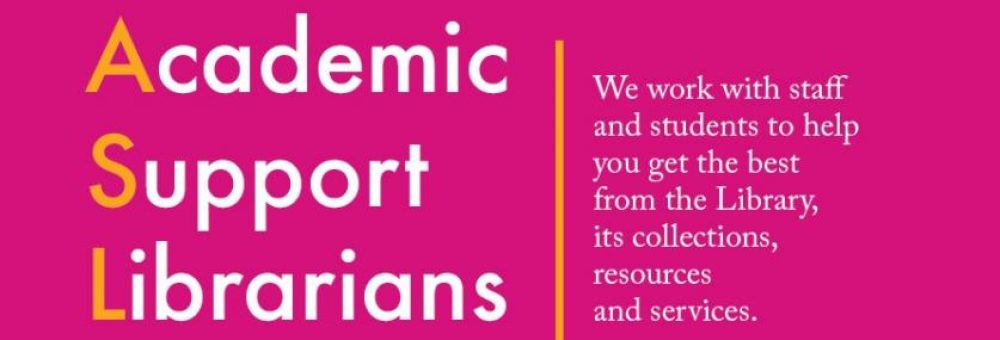The past eighteen months have been quite isolating for staff as well as students at academic institutions, and this has meant that opportunities for networking and visiting colleagues from other universities have been in short supply. Recently I was invited to visit the University of Dundee’s Main Library thanks to Kayleigh McGarry, Digital Literacy and Service Development Librarian.
Friday's actually my day off from work and childcare. What did I choose to do with my time to myself? Go on a field trip to another law library, obvs. pic.twitter.com/zed2JYiHUB
— SL McDonald (@brawbukes) October 15, 2021
Although Kayleigh works across all subject areas in Dundee, she and I both have a specialist interest in Law as we previously worked in the Scottish Courts and Tribunals Service Library Service together. The Law collection at Dundee is housed in the Main Library and I was delighted to see a familiar face during my visit!

Bust of Lady Clark of Calton, Senator of the College of Justice and formerly Chairman of the Scottish Law Commission.
While I was interested to view the Law collection, it was also helpful to see how another institution have dealt with the challenges of the pandemic with regards their study spaces, group study rooms, and moving around the library. Most of the actions that have been taken in Dundee are very similar to our own service adjustments in the past year. Students are now able to use most study spaces on a drop in basis just like in our own libraries, and masks are worn throughout the building. The usual hand sanitising procedures and one-way systems are in place, and overall staff reported great cooperation from students during this tricky time. It was a real pleasure to see students back on campus and making the most of the available facilities. I have to confess that I’m quite jealous of the library’s podcast and recording studio, and seeing their makerspace reminded me of the brilliant facilities we have in the uCreate Studios on the first floor of our own Main Library.
Overall I found the visit to be both reassuring – the challenges we’ve faced as staff and students at Edinburgh are not unique, and knowing that other university library services have made similar choices to our own suggests that we’re all doing the best we can under the circumstances – and inspiring, because Kayleigh and I have a plan in the works to further encourage networking amongst our colleagues across HE institutions in Scotland. Hopefully this will be the first of many renewed opportunities for visiting libraries and sharing experiences to come.
SarahLouise McDonald
Academic Support Librarian to the School of Law








